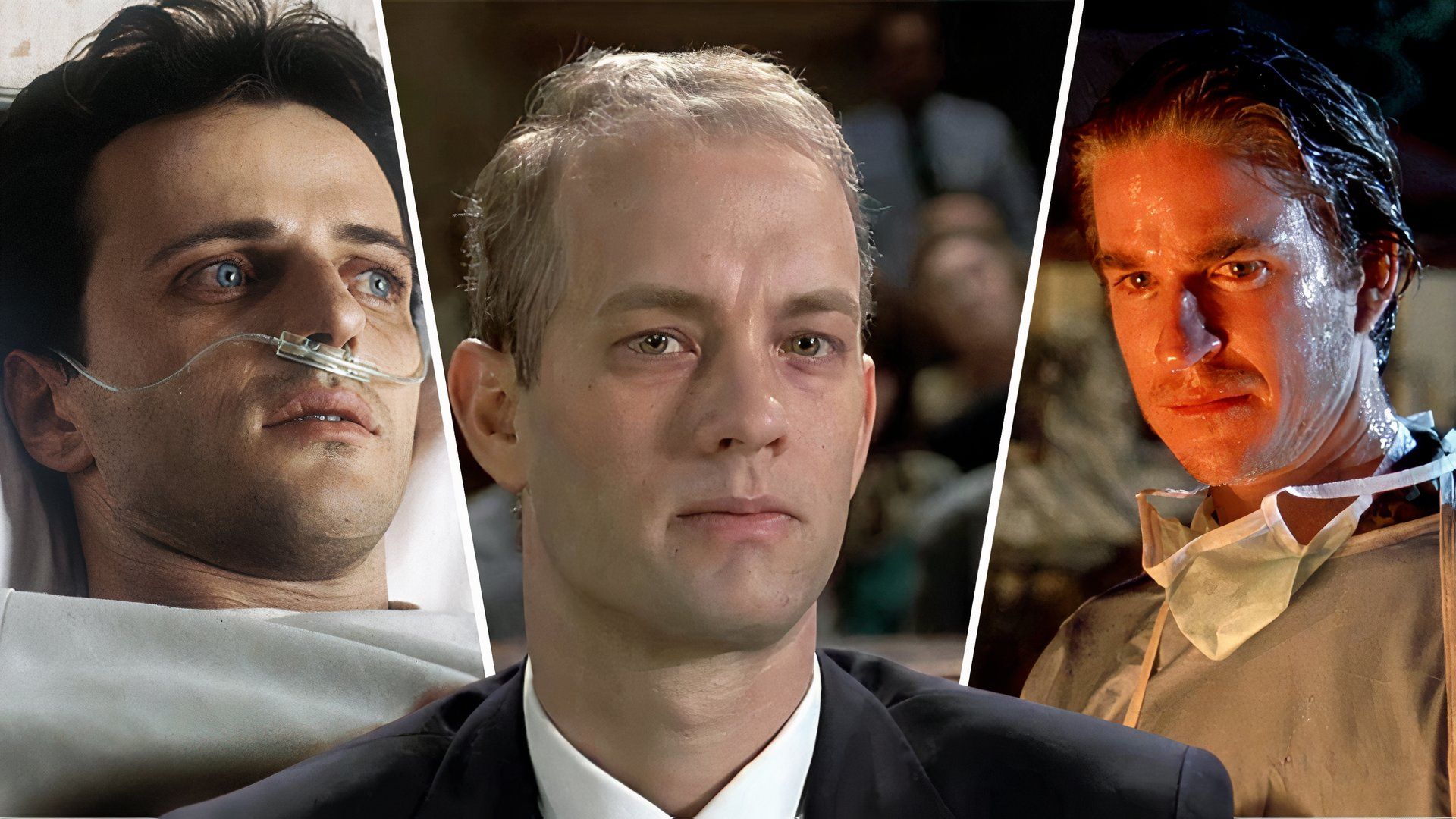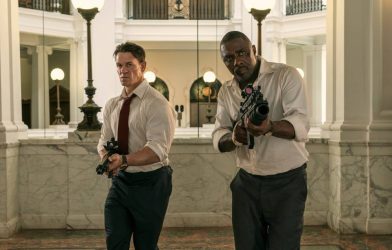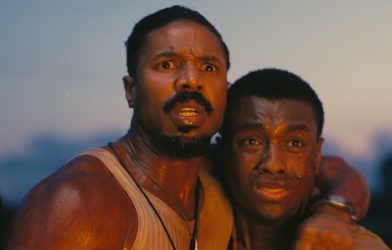Summary
- Rock Hudson’s acknowledgment of his HIV/AIDS infection helped destigmatize the disease in the public eye.
-
An Early Frost
was the first major film to directly address HIV/AIDS, putting a widespread audience in the perspective of a person with AIDS. - Films like
Philadelphia
and
And the Band Played On
continued to raise awareness about HIV/AIDS, showcasing the disease’s impact.
When Rock Hudson died of complications from AIDS in 1985, the virus had claimed its first-known Hollywood celebrity – one who had starred in major romantic films and was a confidante of President Ronald Reagan and his wife, Nancy. Only four years earlier, doctors began to diagnose the rapidly spreading retrovirus, mistaking its predominance in gay men for a hard, fast rule – even terming it GRID (Gay Related Immune Deficiency).
While Hudson’s press release admitted to the positive infection while he was still alive, helping to destigmatize the disease, the actor had been rumored to have same-sex partners since the 1950s – perhaps increasing the misperception that HIV/AIDS was strictly carried by gay males. While LGBTQ+ communities in New York City, San Francisco, and Los Angeles were, indeed, being ravaged by the disease, it was important for the public to understand that the virus could infect anyone. Show business would play a pivotal role in normalizing victims of the virus.
Describing a sudden sea change, Joan Rivers (a frequent emcee of ’80s Hollywood events) noted, “Two years ago, when I hosted a benefit for AIDS, I couldn’t get one major star to turn out. Rock [Hudson’s] admission is a horrendous way to bring AIDS to the attention of the American public, but by doing so, Rock, in his life, has helped millions.” Still, it would take until the early ’90s, when HIV/AIDS dramatizations moved from small, pioneering films to mainstream fare – for a greater acknowledgment of the disease’s brutal nature and the victimhood of those afflicted.
The Earliest Films About HIV/AIDS
The first major film or TV show to directly address HIV/AIDS was the 1985 film An Early Frost, starring Aidan Quinn as a gay man who returns home to break his diagnosis to his family. TV movies often functioned like PSAs in the ’80s, covering topical subjects. Quinn shined as Michael Pierson and two veterans of John Cassavetes’ films, Gena Rowlands and Ben Gazzara, play his parents in stirring roles.
The film dealt with the isolating effects of the disease – with Michael’s pregnant sister distancing herself, fearing she might hurt her baby, and his father condemning Michael’s lifestyle. For the first time, a widespread audience was put in the perspective of a person with AIDS – with the film broadcasted on NBC to 34 million households after Broadcast Standards & Practices first required 12 drafts of the script about this new topic.
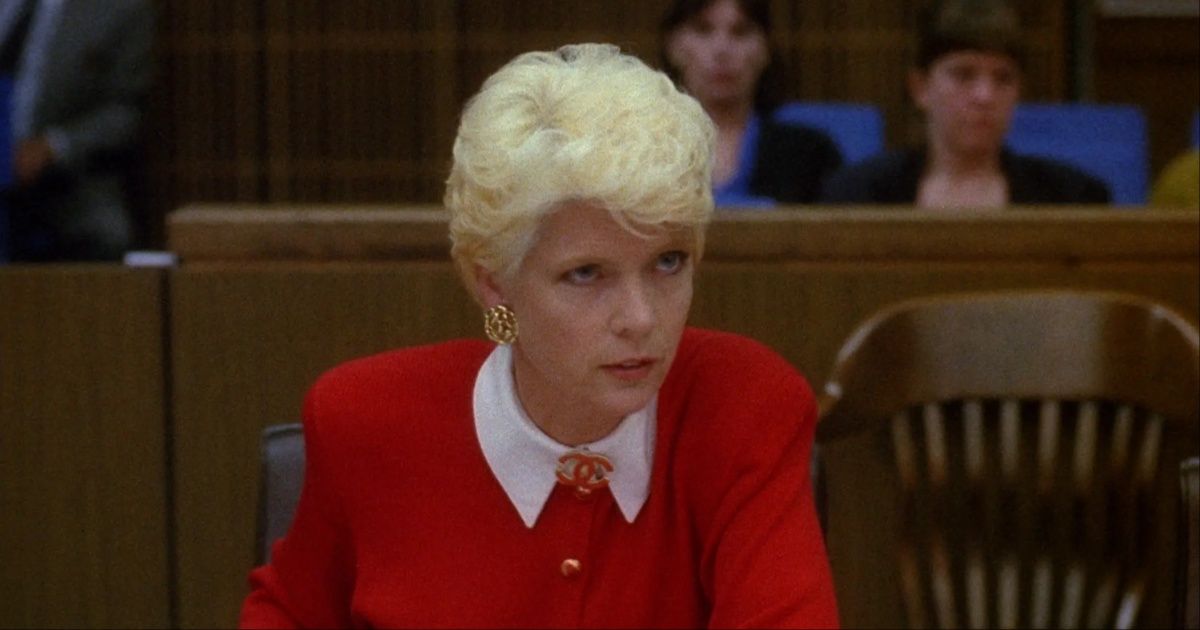
Related
10 Made-for-TV Movies Based on True Stories
Some of the most mind-blowing real-world stories have been told through the following TV movies.
After An Early Frost, a few small ’80s films continued to examine the effects of AIDS on the gay community, with a notable example being the incredible performance from a young Steve Buscemi in Parting Glances. The film’s director, Bill Sherwood, remains one of the few filmmakers to make a movie about HIV/AIDS that actually suffered from the disease (Sherwood passed away in 1990).
Philadelphia Examined Discrimination Against HIV/AIDS Victims
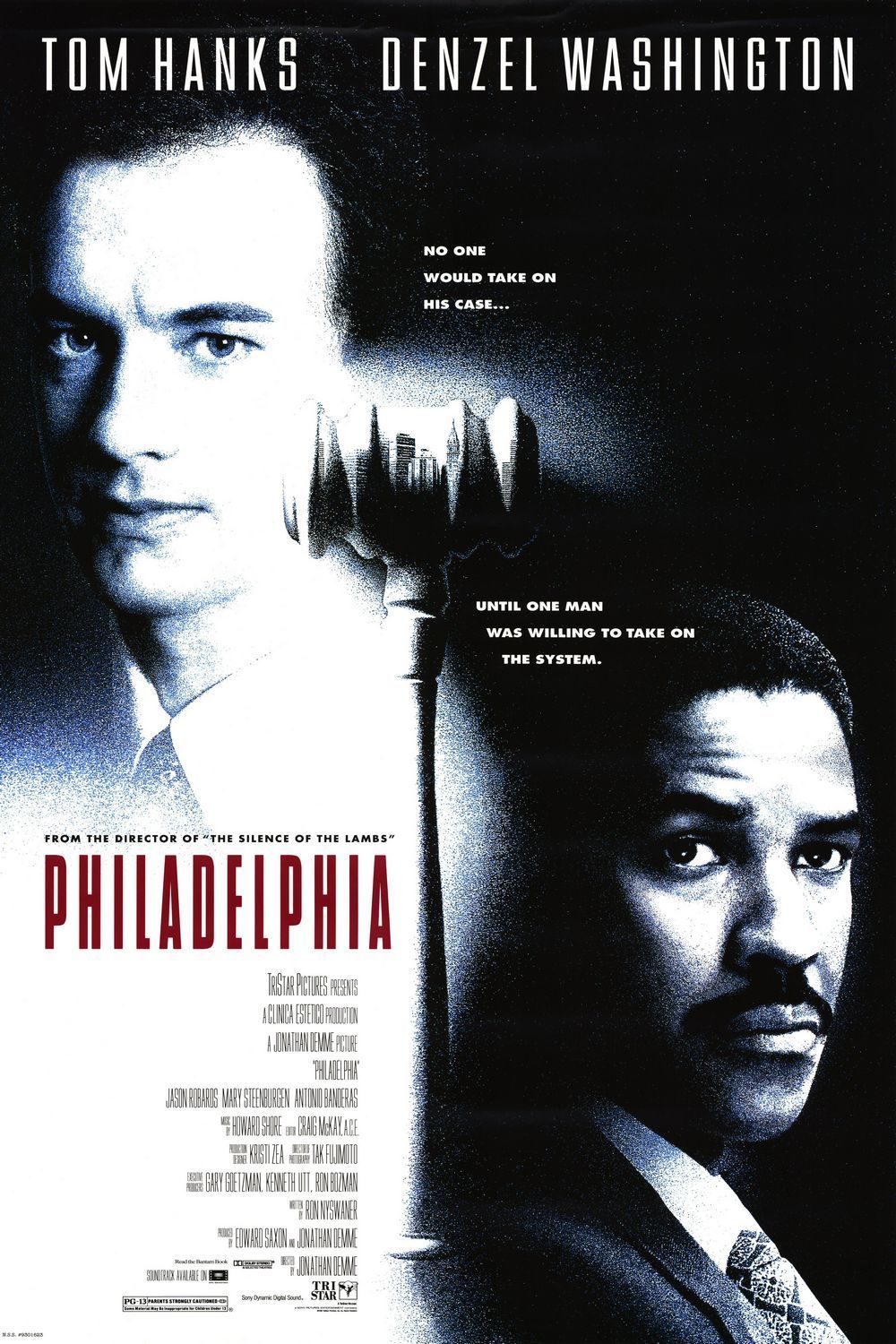
Philadelphia
- Release Date
- January 14, 1994
- Cast
- Tom Hanks , Denzel Washington , Roberta Maxwell , Buzz Kilman , Karen Finley , Daniel Chapman , Mark Sorensen Jr. , Jeffrey Williamson
- Runtime
- 125 Minutes
Despite the strides made by forward-thinking filmmakers in the 1980s, people who have HIV/AIDS were still contending with two major obstacles entering the early ’90s. One was finding adequate healthcare and treatment options for a disease that was baffling doctors and researchers. The other was the continued stigma of the disease, causing many to fear becoming a pariah once diagnosed.
Magic Johnson’s landmark announcement on November 7, 1991, that he had contracted HIV helped kick a door open that allowed mainstream publications, TV shows, and films to dramatize and discuss the topic of a disease once spoken about in whispers. Little more than a year later, Jonathan Demme began work on a script by a gay activist named Ron Nyswaner. The script was for a movie called Philadelphia, and Demme cast Tom Hanks as lawyer Andrew Beckett, who is ousted from his law firm after his infection with HIV.
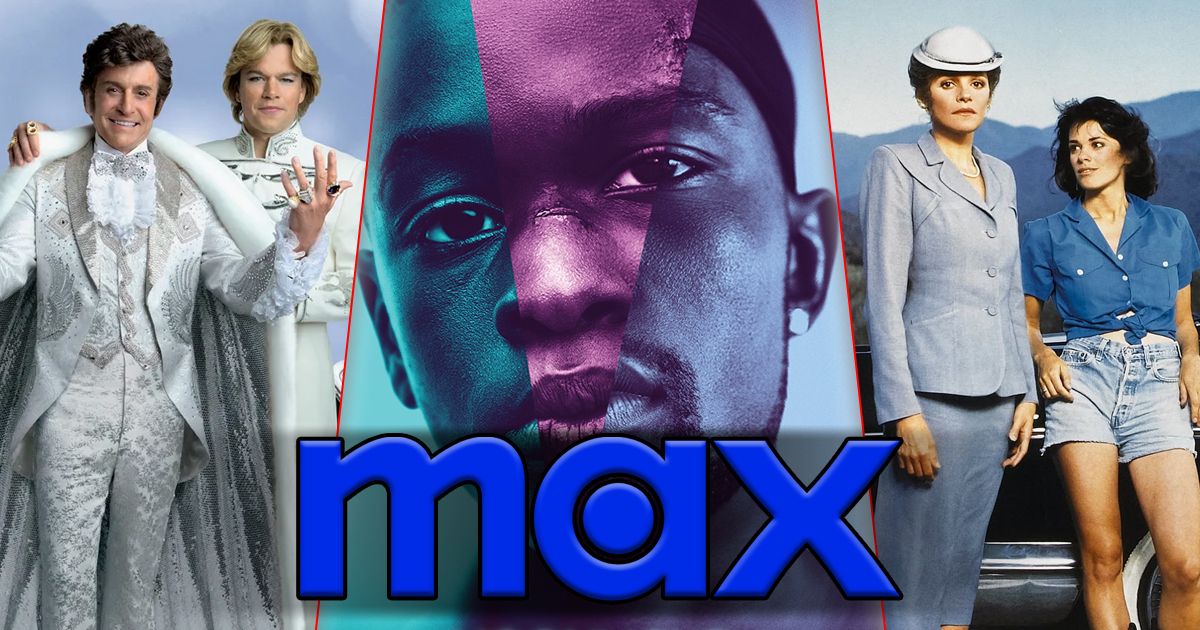
Related
16 Best LGBTQ+ Movies on Max to Watch Right Now
Max is one of the most important streaming platforms worldwide today. It also has several great LGBTQ+ films to watch.
Demme and Nyswaner cleverly used Denzel Washington’s character, lawyer Joe Miller, as a sort of avatar for those who resented people who have HIV/AIDS on the grounds of religious moralism or male machismo. Despite the character’s old-fashioned ideas about same-sex couples and the virus, he comes to understand the injustice done to Beckett and represents him in court against his former employer.
Hanks’ performance was beyond moving, making him a clear favorite to win that year’s Academy Award for Best Actor. When he did, his Oscar speech made sure to mention the red ribbons in the audience and the people with AIDS that “number a thousand for each one we wear tonight.”
HBO Joins the Battle With And the Band Played On
In 1993, HBO developed an original film to be run on its cable network, And the Band Played On. The film assembled a large ensemble, including Matthew Modine, Ian McKellan, and Steve Martin. The focus shifted from how interpersonal relationships are affected by the disease to the many medical and scientific fronts in the war against AIDS. Modine played Don Francis, a real-life epidemiologist who helped unlock early mysteries about how the disease could spread and potential treatments.
Ian McKellan, long before securing worldwide fame as Galdalf and Magneto, plays a central role as AIDS activist Bill Kraus. Kraus falls ill during the movie, showing how the oncoming symptoms of sarcoma and lung disease quickly advance in the human body.
In real life, McKellan had already been an LGBT rights activist for years, coming out on a BBC radio program in 1988 to protest the homophobic Section 28 proposal being put before British Parliament. McKellan continues that activism to this day, at age 85.
HIV/AIDS Films Continue Into the 21st Century
To date, there is no cure for HIV or AIDS, but awareness, testing, activism, and treatment have helped those infected lead longer and fuller lives. There are now medicines that can control HIV and prevent complications. Estimated new HIV infections declined 12% from 2017 to 2021. Still, films depicting the disease help raise awareness – an important factor considering 13% of those infected are unaware they have HIV.
After the turn of the century, new films and TV series continued the Hollywood activist tradition. Dallas Buyer’s Club secured Matthew McConaughey the Best Actor Oscar for his portrayal of AIDS victim Ron Woodroof. Biopics like Bohemian Rhapsody illuminated the lives of incredible artists like Freddie Mercury, who also had the disease.
TV films and series like The Normal Heart and Angels in America have brought HIV/AIDS stage plays to a broader audience on screen. Through this long legacy of films unafraid of examining what was once taboo, Hollywood has been at the forefront of battling the disease since early after its discovery. Stream Philadelphia on PlutoTV. Stream And the Band Played On on Max.

